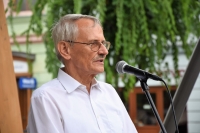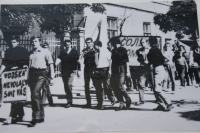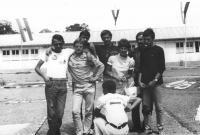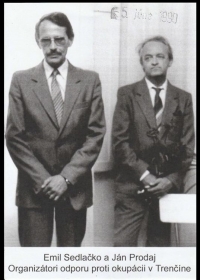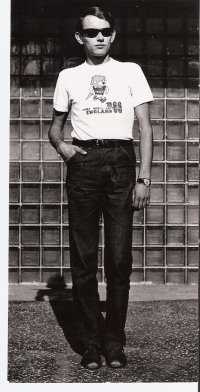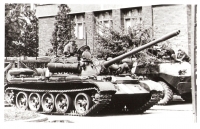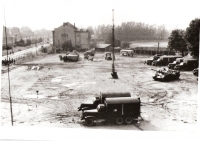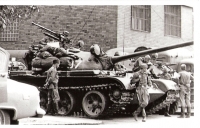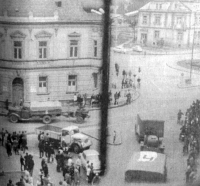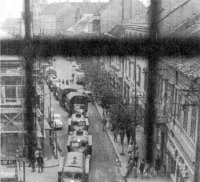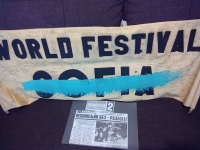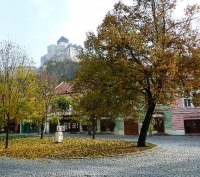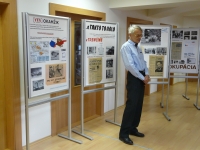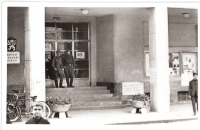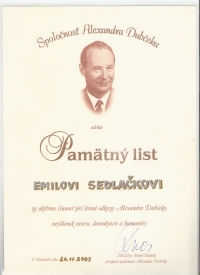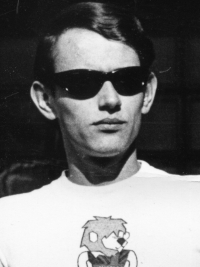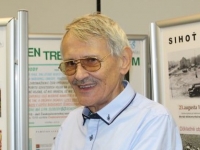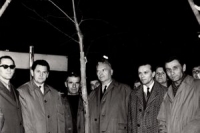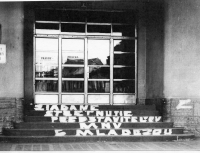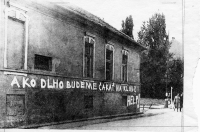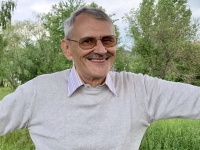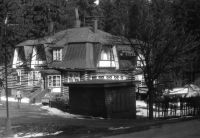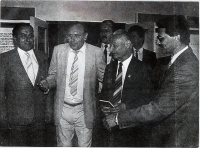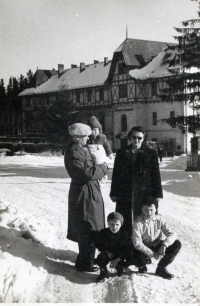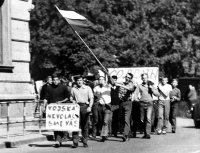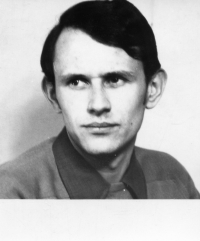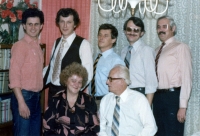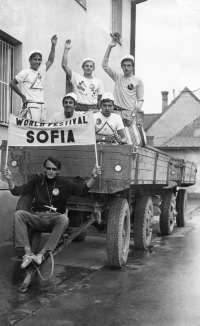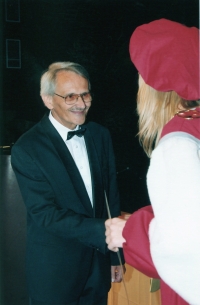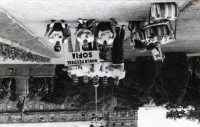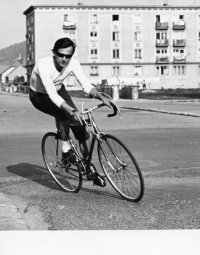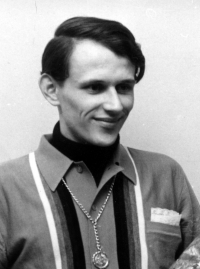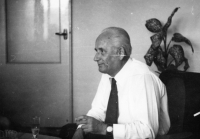Freedom of decision and a clear conscience are all for me
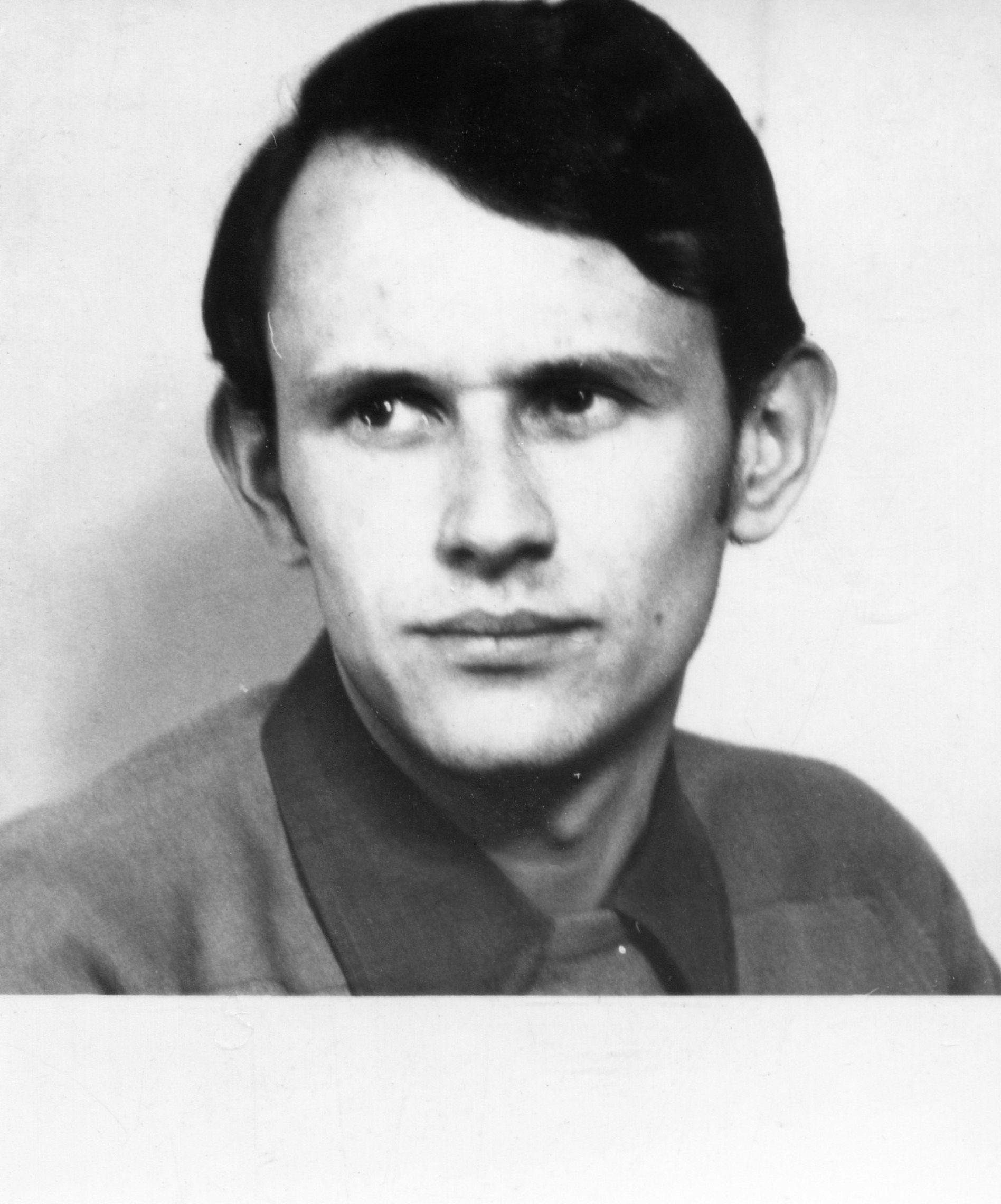
Stáhnout obrázek
Emil Sedlačko was born on April 11, 1945 in Trenčianske Teplice. He spent his childhood in the High Tatras, where his parents hid from the onset of communism in 1948. He graduated as a builder and completed basic military service as the son of uncomfortable citizens in the ironworks in Ostrava. He spent his working life in Trenčín, where he lives to this day. As a young man, he was very active in ČSM, organizing events and beat events. In July 1968 he was a member of the Slovak expedition to the World Youth Festival in Sofia, but due to the deteriorating political situation, they did not get there. In August 1968, he protested very loudly against the entry of occupying forces into our territory. He was arrested, interrogated and imprisoned several times for his disapproval and activities. He had to endure menial jobs and hardships not only in his work but also in his personal life. In November 1989, he co-founded the Independent Slovak Trade Unions and was their first chairman. After the onset of swordsmanship in 1995, he was lured into the HZDS, but he did not enter and became uncomfortable again. An active retiree, he graduated from the University of the Third Age, organizes exhibitions and discussions to remind younger generations that freedom is not a matter of course. Emil Sedlačko has a wife Margita, a daughter Zuzana and granddaughters Michael and Romanka.
